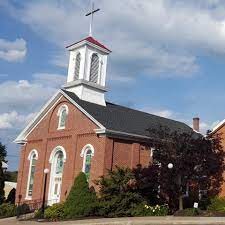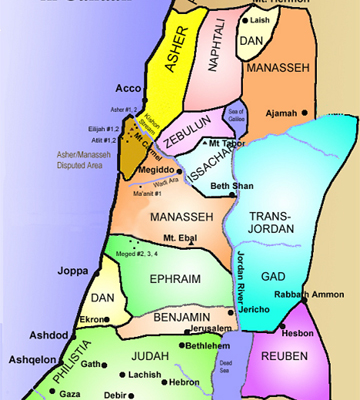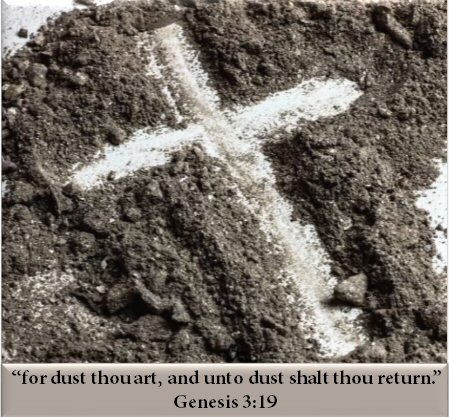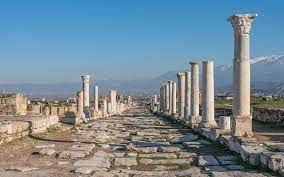United Methodist Church

The United Methodist Church (UMC) is a Methodist Christian denomination that is mainline Protestant and Evangelical. It is a combination of the Methodist Church and the Evangelical United Brethren Church. It was founded in 1968.
United Methodist elders and deacons hold membership in the annual conference. Additionally all local pastors and provisional clergy hold membership in the annual conference while they are under appointment to a local church or extension ministry. There are several offices of ministry within the United Methodist Church. These include elders, deacons, associate members and licensed local pastors. Certified lay ministers may also be appointed to serve a church but under the supervision and direction of an Elder. Elders are called by God, affirmed by the church, and ordained by a bishop to a ministry of Word, Sacrament, Order and Service within the church. They may be appointed to the local church, or to other valid extension ministries of the church. Elders are given the authority to preach the Word of God, administer the sacraments of the church, to provide care and counseling, and to order the life of the church for ministry and mission.
The United Methodist Church has since 1985 been exploring a possible merger with three historically African-American Methodist denominations: the African Methodist Episcopal Church, the African Methodist Episcopal Zion Church, and the Christian Methodist Episcopal Church. The United Methodist Church is also a member of the Wesleyan Holiness Consortium, which seeks to reconceive and promote Biblical holiness in the church today.
History:
The United Methodist Church was created when Bishop Reuben H. Mueller, representing The Evangelical United Brethren Church, and Bishop Lloyd C. Wicke of The Methodist Church joined together at the constituting General Conference in Dallas, Texas on April 23, 1968. The United Methodist Church can trace its roots back to the revival movement of John and Charles Wesley. The Second Great Awakening, between 1817–1843, was the dominant religious development among Protestants in America in the first half of the nineteenth century.
The Methodist Protestant Church split from the Methodist Episcopal Church over the issue of laity having a voice and vote in the administration of the church, insisting that clergy should not be the only ones to have any determination in how the church was to be operated in 1830.
John Wesley was an ardent opponent of slavery. Many of the leaders of early American Methodism shared his hatred slavery. The United Brethren in Christ took a strong stand against slavery, as church members could not sell a slave, and by 1837 ruled that slave owners could not continue as members. The General Conference of the Methodist Episcopal Church split into two conferences because of tensions over slavery and the power of bishops in the denomination in 1844.
Although Methodists, Evangelicals, and United Brethren each had published strong statements condemning war and advocating peaceful reconciliation among the nations, the strength of their positions was largely lost with American involvement in the hostilities of World War II. Once the war was over the churches worked hard to secure world peace. Many laypeople, pastors, bishops, and church agencies supported the establishment of a world organization to serve as a forum for the resolution of international social, economic, and political problems. Their labors contributed to the founding of the United Nations in April 1945.
Full clergy rights for women were granted in 1956, but it took a decade more before the number of women in seminaries and pulpits began to grow significantly. When Methodists and the Evangelical United Brethren united in 1968, the right of women to full clergy status was included in the plan of union.
The General Conference in 1996 discussed the ordination order of transitional deacon was abolished. This created new orders known as “provisional elder” or “provisional deacon” for those who seek to be ordained in the respective orders. The provisional elder/deacon is a seminary graduate who serves a two-three-year term in a full-time appointment after being commissioned. During this two or three-year period, the provisional elder is granted sacramental ministry in their local appointment. For the first time in its history non-ordained pastors became a normal expectation, rather than an extraordinary provision for ministry.
Belief:
United Methodist Church believe in the Triune God. God is one God in three persons: Father, Son and Holy Spirit.
United Methodist Church believe Scripture which is the writings in the Old Testament and New Testament are the inspired word of God.
United Methodist Church believe while human beings were intended to bear the image of God, all humans are sinners for whom that image is distorted. Sin estranges us from God and corrupts human nature such that we cannot heal or save ourselves.
United Methodist Church believe Salvation through Jesus Christ. God’s redeeming love is active to save sinners through Jesus’ incarnate life and teachings, through his atoning death, his resurrection, his sovereign presence through history, and his promised return. Wesleyan theology maintains that salvation is the act of God’s grace entirely, from invitation, to pardon, to growth in holiness. Furthermore, God’s prevenient, justifying, and sanctifying grace interact dynamically in the lives of Christians from birth to death.
United Methodist Church believe the grace of sanctification draws one toward the gift of Christian perfection.
United Methodist Church believe in two sacraments which is Holy Baptism and Holy Communion. Baptism is done by sprinkling, pouring, or immersion. The United Methodist Church affirms the real presence of Christ in Holy Communion, but does not hold to transubstantiation.
United Methodist Church believe in other rites such as Confirmation, Ordination, Holy Matrimony, Funerals, and Anointing of the Sick are performed but are not considered sacraments.
United Methodist Church believe that people, while corrupted by sin, are free to make their own choices because of God’s divine grace enabling them, and that people are truly accountable before God for their choices.
United Methodist Church believe that God gives unmerited favor freely to all people, though it may be resisted.
Reference:
Official website for the United Methodist Church: http://www.umc.org/
United Methodist Church. (2012). The Book of Discipline of The United Methodist Church. The United Methodist Publishing House.
Cite Article Source
MLA Style Citation:
Holstein, Joanne “United Methodist Church:.” Becker Bible Studies Library Nov 2013.< https://guidedbiblestudies.com/?p=2494,>.
APA Style Citation:
Holstein, Joanne (2013, November) “United Methodist Church:.” Becker Bible Studies Library. Retrieved from https://guidedbiblestudies.com/?p=2494,.
Chicago Style Citation:
Holstein, Joanne (2013) “United Methodist Church:.” Becker Bible Studies Library (November), https://guidedbiblestudies.com/?p=2494, (accessed).


